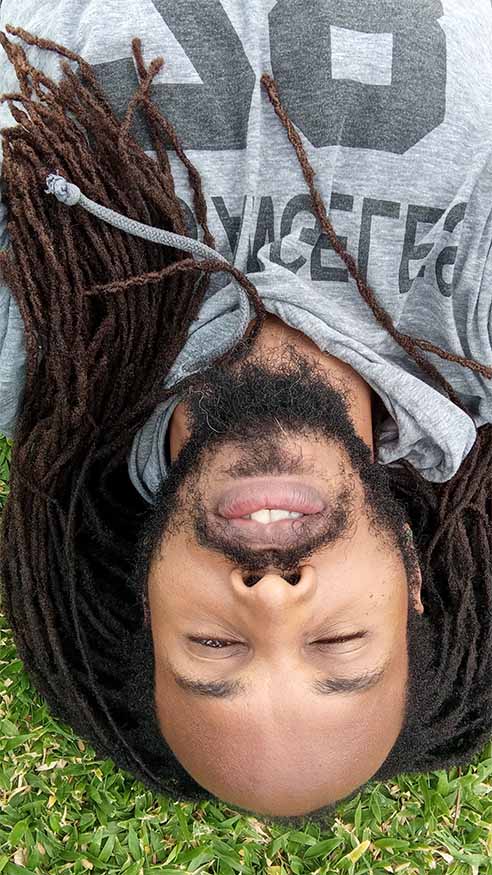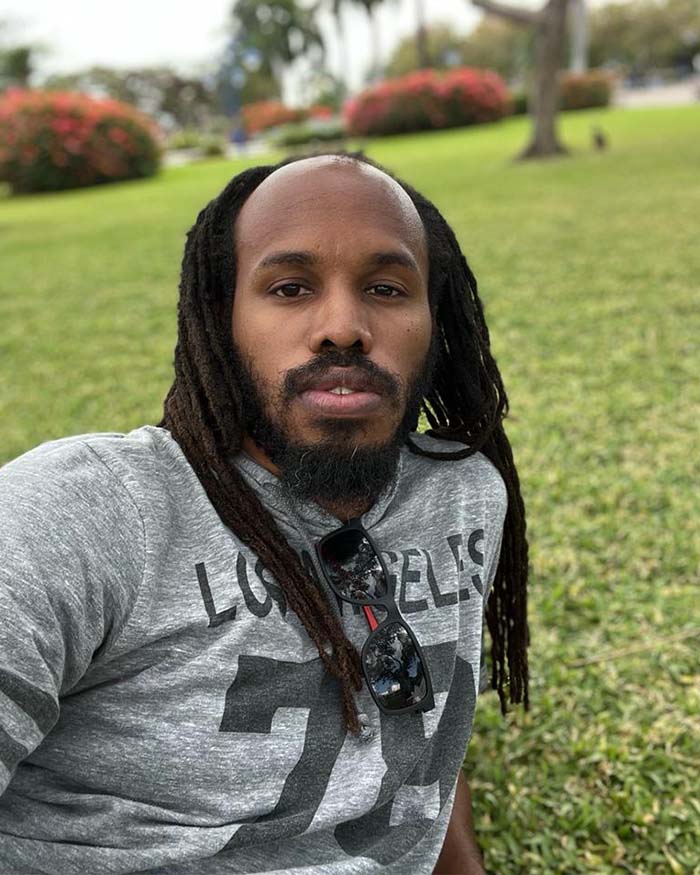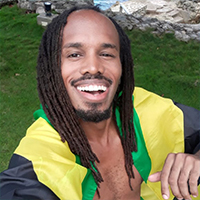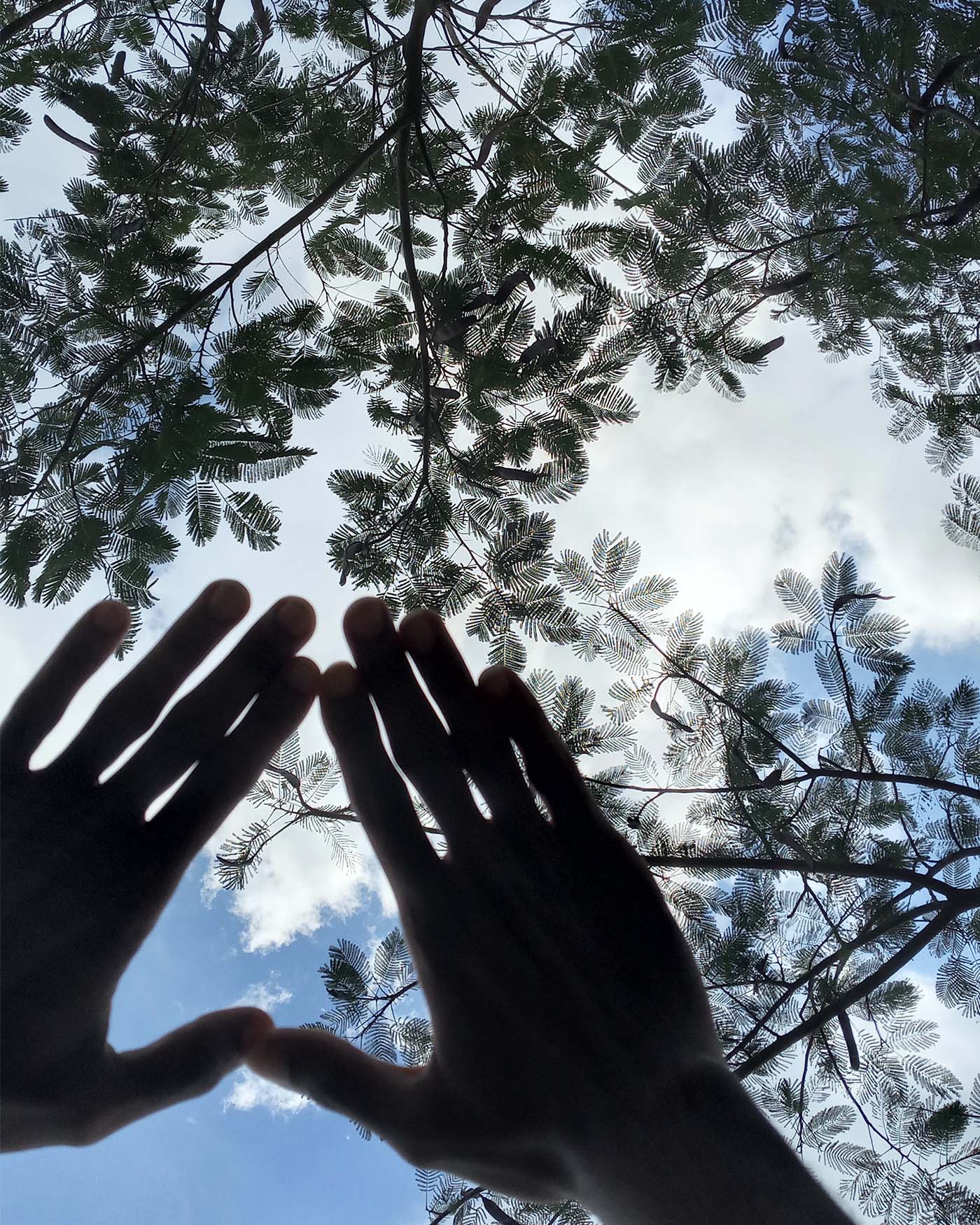What is interesting about love, like pain, it’s very personal. I we can mostly agree together what the colour blue is, or how tall someone is. However how do you know if the love you have for someone equates to the love the couple across the park have for each other? There is no scale to say that the love your favourite couple has is more or less the love you are experiencing with the person you are loving. We instead look for outward signs to say, ‘Oh, x and y have more love than a and b, because I see x doing this for y, or saying this about y, or spending time with y’. Yes, I should have listed out all the love languages.
My thing is, if we all have different experiences in life growing up, and our own genes and characteristics, then what is easy for me may not be easy for you. What I’m afraid of may be something you created yourself. Therefore, how do we know when someone demonstrates love, whether they are putting a lot into it, more than they have been able to in the past, versus them doing something simple for them, absent mindedly, that we ourselves find difficult to do in our relationships. That’s my concern, some persons relationships or the aspects of it that we see, may be easy what they are doing, where as the pulling teeth you are doing in your relationship, more work to love than anyone else, can’t be recognised by you or anyone else.
What is that? Trust? That it’s just as good? Suppose you are at 80% and the ones you think are better are at 50%. Suppose you didn’t know. Suppose you end that relationship because you want what the 50% people have because it looks like 100% of what you want. This is sounding crazy but I’ma think it through. Question – When you go into another relationship, what makes this one better? If you were in a previously bad relationship, at what point do you quit the new one? When you immediately don’t get what ‘extra’ you are looking for, or do you give the relationship time to grow to more love than the previous relationship. Should we be looking to always be in a relationship with even more love than the last? Then love does have a magnitude? Then how do you know if the relationship you are in is the one you will get the most love? Suppose this is 100% for you, does that mean there may be 110% out there for you, that what you have is really 80%?

Lol. My question is, how do I measure love. What are things in life we don’t measure? Maybe love isn’t to be measured. I’ve lost my train of thought because the program quit on me, I thought I lost my text. We don’t measure our breathing. Maybe because our lungs have a certain capacity, and we usually use it all, all the time? We measure our heart rate. If I love someone, how can I tell that it makes sense to feel this way, or tell myself this isn’t enough love to make a decision? I maybe talking too much.
Is this too much science? Is my physics mind wrong for wanting to measure love? Does biology measure every aspect of life? There was a study to measure a person as they died, to see the change in weight at that instant. What if we could measure love like that. Like get called into a room, to review your past relationships, and the researcher tells you that person V was the one who you loved the most. What do you do from there?
Maybe, at the end of the day, love is immeasurable. Albeit doctors sometimes ask, ‘on a scale of 1 to 10, how much pain are you in? Lool, you know a man’s ten must me a woman’s four. I wonder of doctors know that, the male ones. But they work really to ease the patient, so it’s not group therapy, or baseline medicine where everyone is to achieve the same level of health – a relative measure. Nope. So with love, at the end of the day, it’s personal; to each of our characteristics. Love is about who I am, and because of who I am, how my chemistry (look at me fitting all the sciences in one post) mixes with their life, purpose, dreams and experiences, that’s what makes the love math up (I didn’t want to leave out mathematics.)

Love is two people in agreement so maybe that’s the problem – it’s fleeting, dynamic, constantly changing/ constant variable, hard to control, like the people themselves; therefore hard to measure. Who you love has significance to you. Who you love has no relation to other relationships around you, so focus only on who you love.
But still, support the ability for Jamaican lesbians, gay men, bisexual people, transgendered people, queer/questioning, asexual, intersexed and others to be in love, and have their public-displays-of-affection moments too, build lives together or grieve for loss lovers.
 JonesJr876
JonesJr876 